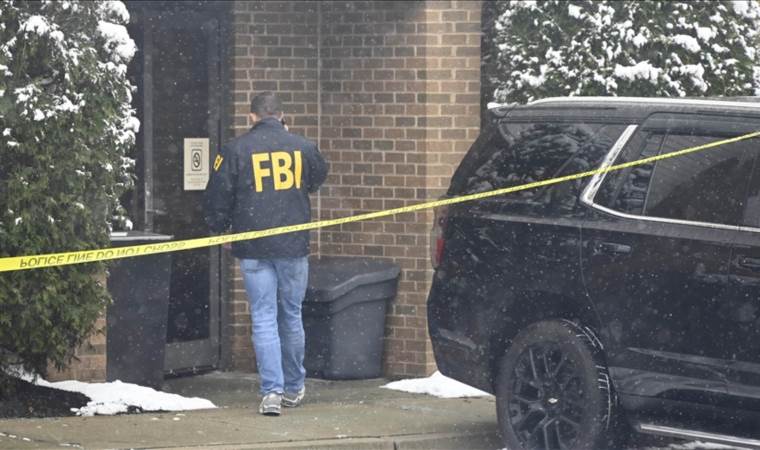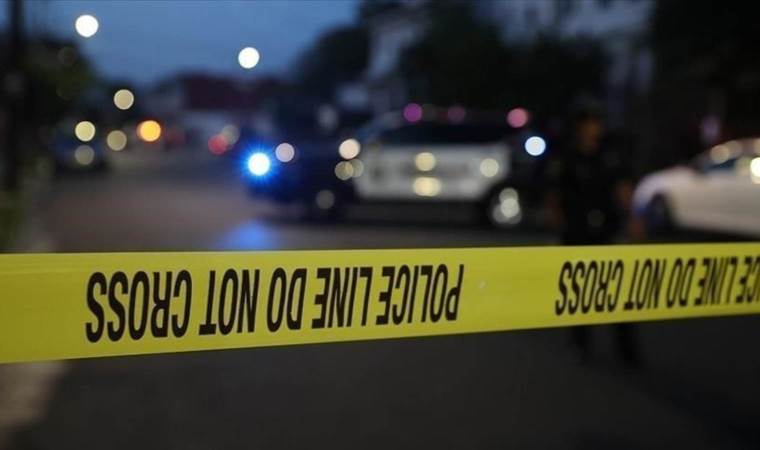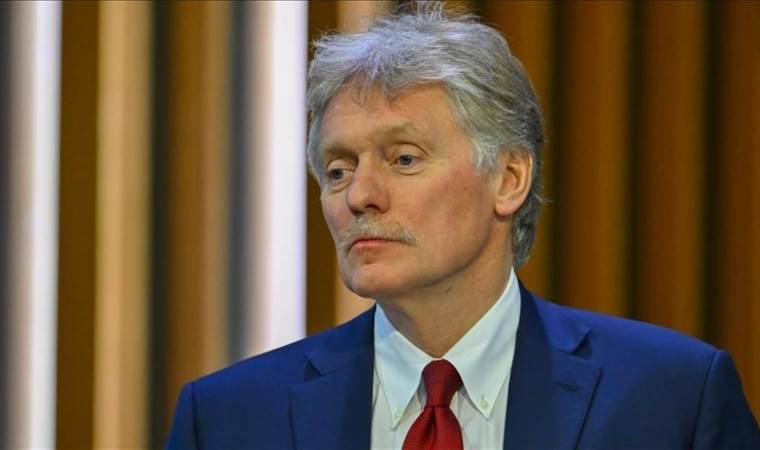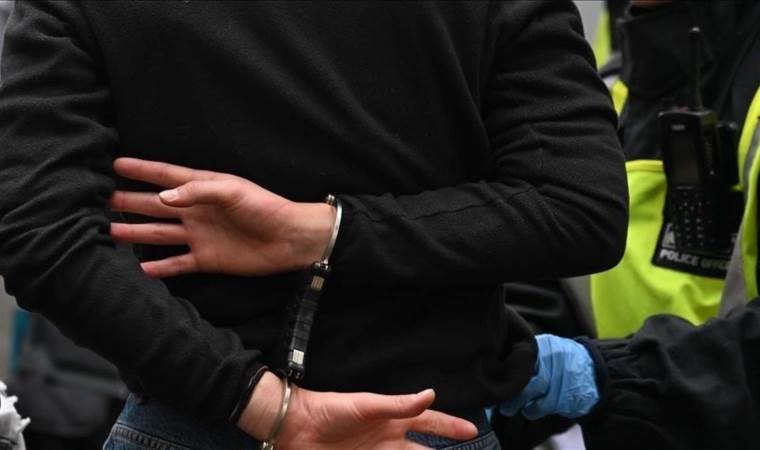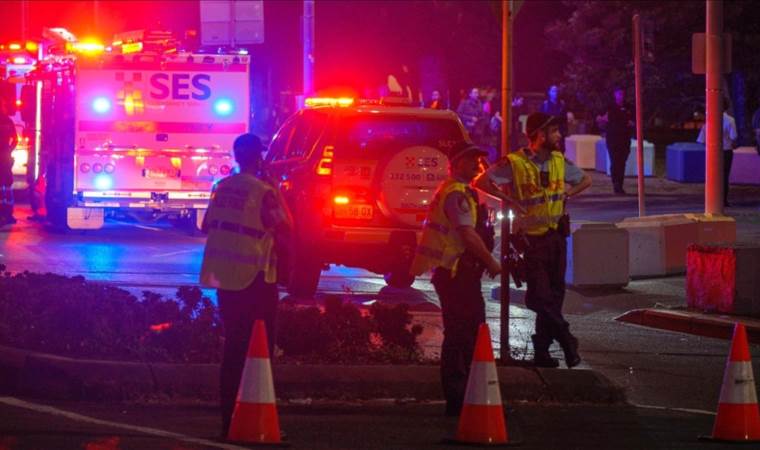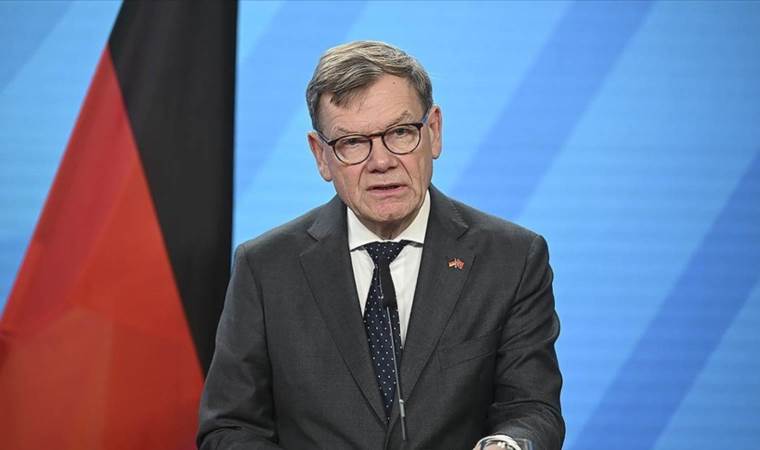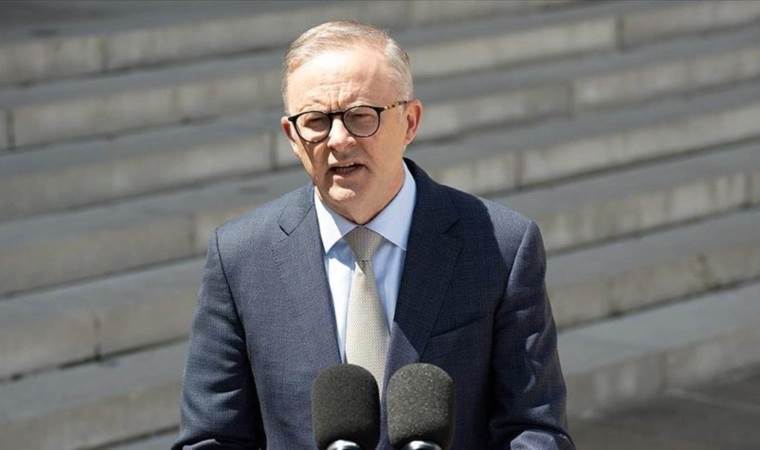Iran’s cooperation with IAEA to continue but will take ‘new form,’ says foreign minister
Iran’s Foreign Minister Abbas Araghchi said on Saturday that Tehran’s cooperation with the International Atomic Energy Agency (IAEA) will not stop but will “take a new form to ensure the security of its nuclear facilities,” according to Tasnim News Agency.
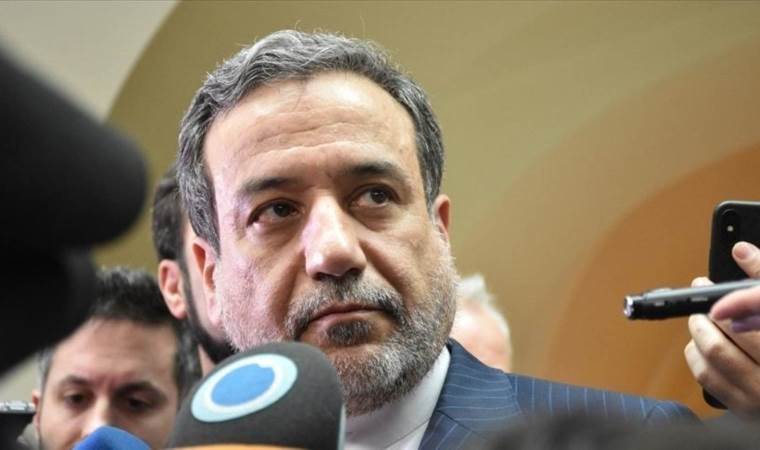
In a meeting with ambassadors and foreign mission heads based in Tehran, Araghchi emphasized that “the fact that the non-proliferation system is being so easily violated represents a damage, before it being a loss for Iran, a loss for the international community and international law.”
Araghchi also said that “Tehran has received numerous messages from the United States expressing a willingness to resume negotiations,” adding that Iran has “no fear or hesitation about negotiating provided that the interests and benefits of the Iranian people are secured.”
He reiterated Iran’s commitment to the Non-Proliferation Treaty (NPT), saying: “Iran’s nuclear program has always been peaceful and will remain so,” stressing that Tehran “will continue to be a member of the NPT.”
“According to parliamentary law, our cooperation is managed through the Supreme National Security Council, and the IAEA’s requests for cooperation will be reviewed case by case by this council, which will make the decisions,” Araghchi explained.
Araghchi also warned about “serious risks” related to Iran’s nuclear facilities, highlighting “the danger of radioactive leaks and the threat posed by unexploded munitions left behind by US aggression.”
A 12‑day conflict between Israel and Iran erupted on June 13 after Tel Aviv launched airstrikes on Iranian military, nuclear, and civilian sites, killing at least 606 people and injuring 5,332, according to Iran’s Health Ministry.
Tehran launched retaliatory missile and drone strikes on Israel, killing at least 29 people and wounding more than 3,400, according to figures released by the Hebrew University of Jerusalem.
The conflict came to a halt under a US-sponsored ceasefire that took effect on June 24.
Most Read News
-
 Person of interest identified in Brown University shooti
Person of interest identified in Brown University shooti
-
 Hollywood filmmaker Rob Reiner, wife Michele found dead
Hollywood filmmaker Rob Reiner, wife Michele found dead
-
 Russia says issue of Ukraine’s non-accession to NATO req
Russia says issue of Ukraine’s non-accession to NATO req
-
 2 US activists arrested by Israel in occupied West Bank,
2 US activists arrested by Israel in occupied West Bank,
-
 Australian police identify Bondi Beach gunmen as father
Australian police identify Bondi Beach gunmen as father
-
 EU condemns ‘dangerous actions’ by China in South China
EU condemns ‘dangerous actions’ by China in South China
-
 Germany could be Russia’s next target if Ukraine falls,
Germany could be Russia’s next target if Ukraine falls,
-
 Australian premier hints at 'tougher gun laws' after dea
Australian premier hints at 'tougher gun laws' after dea
